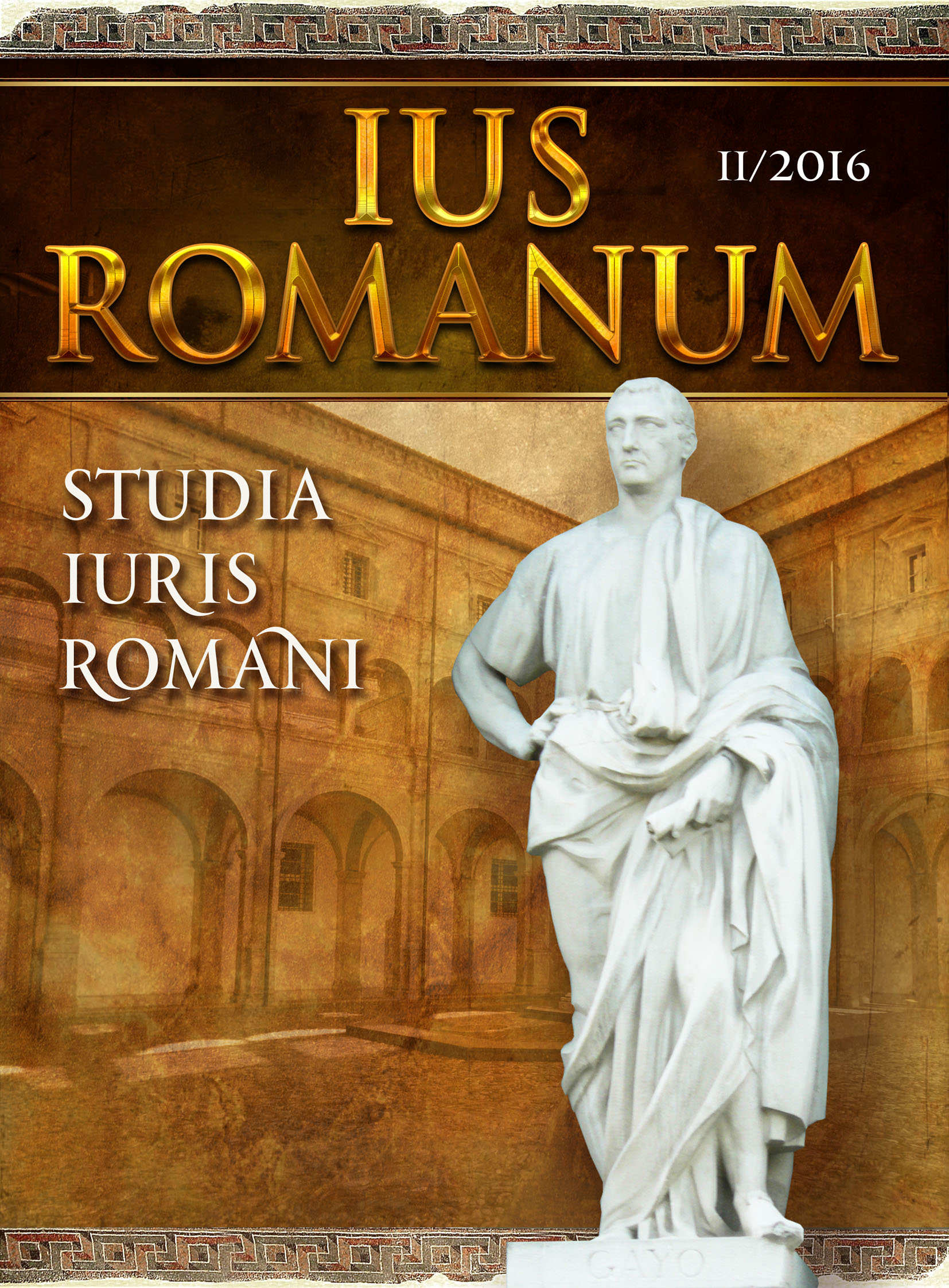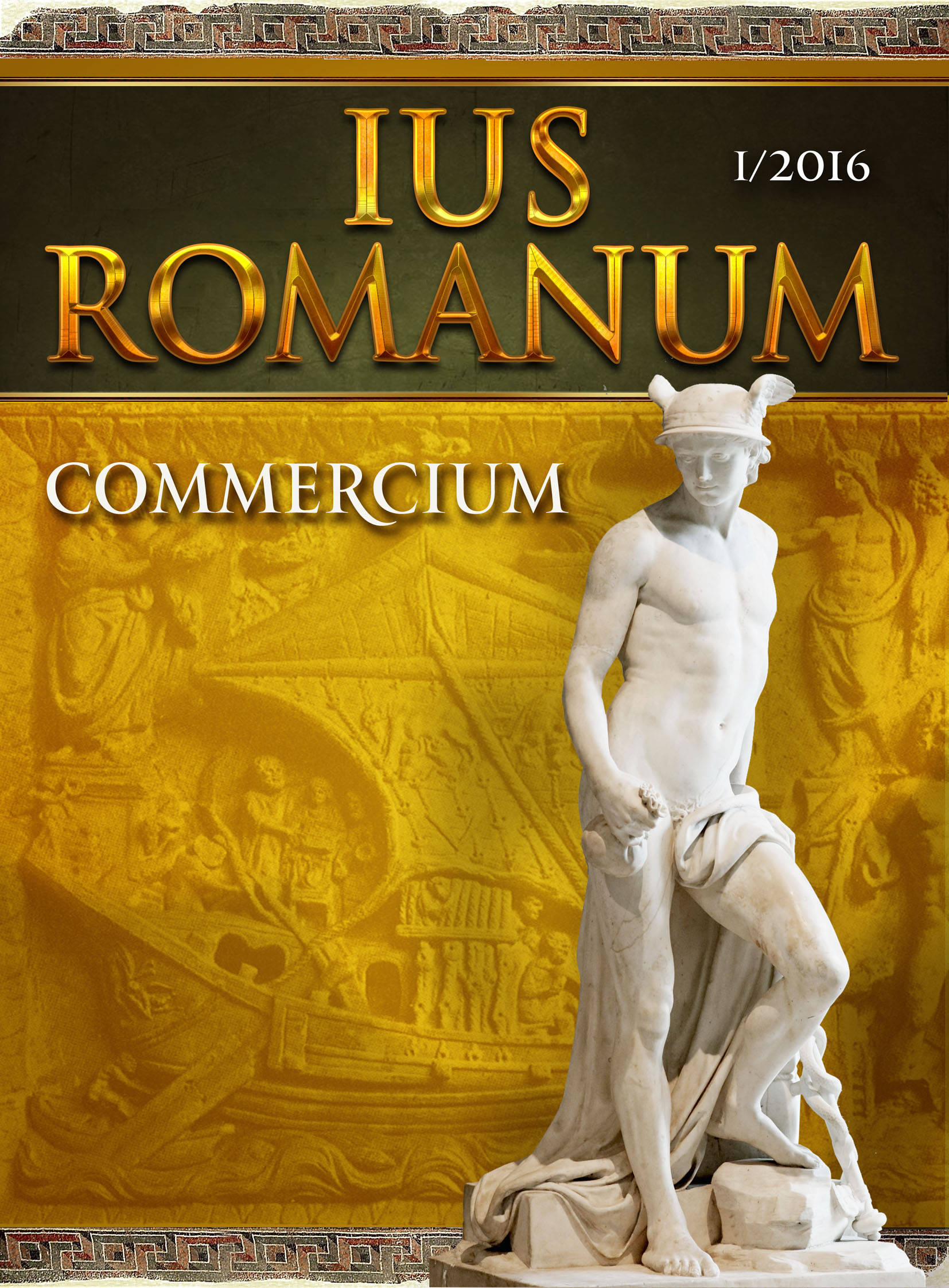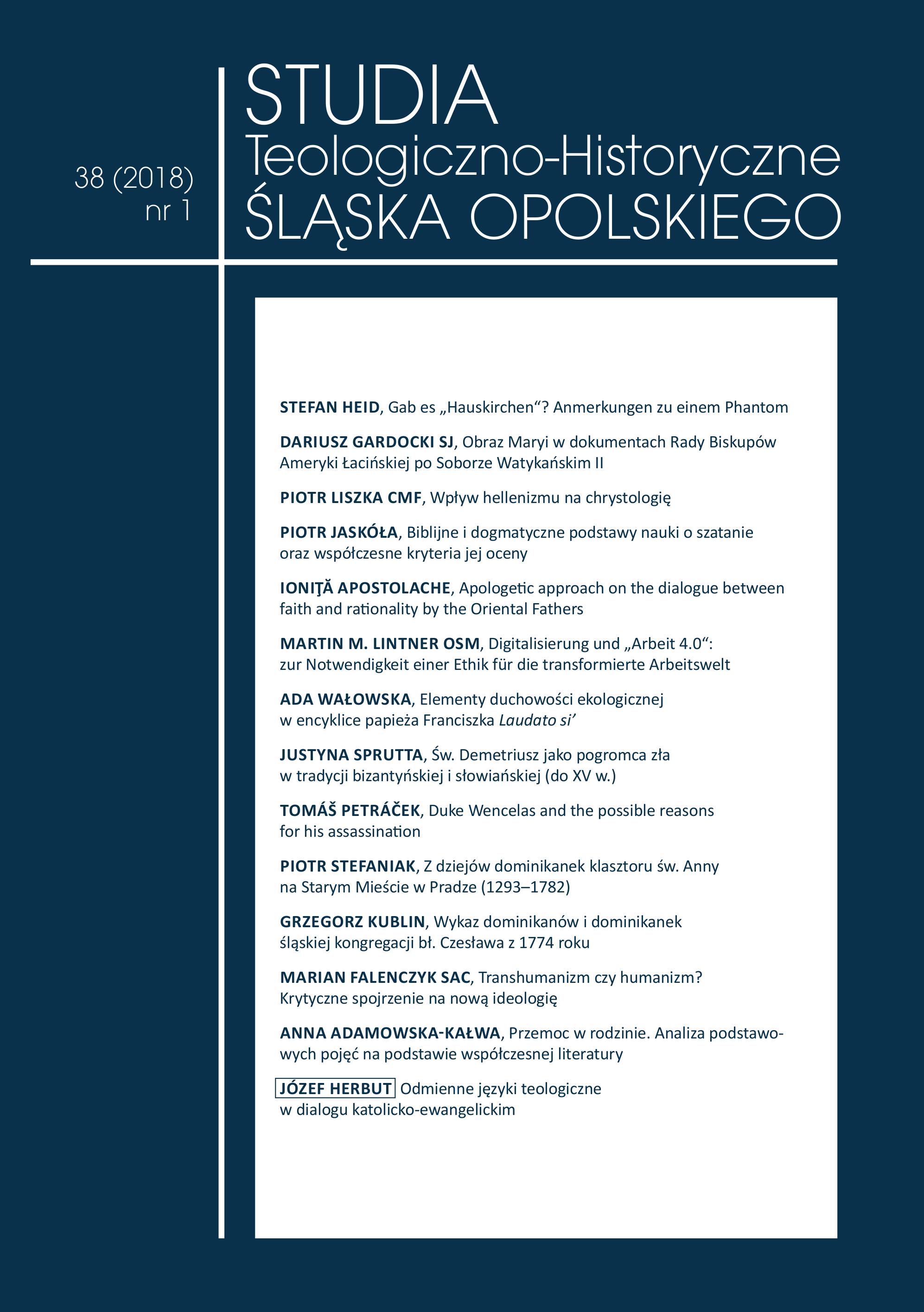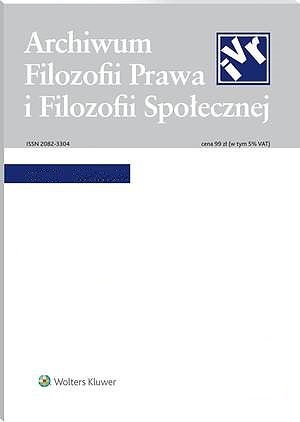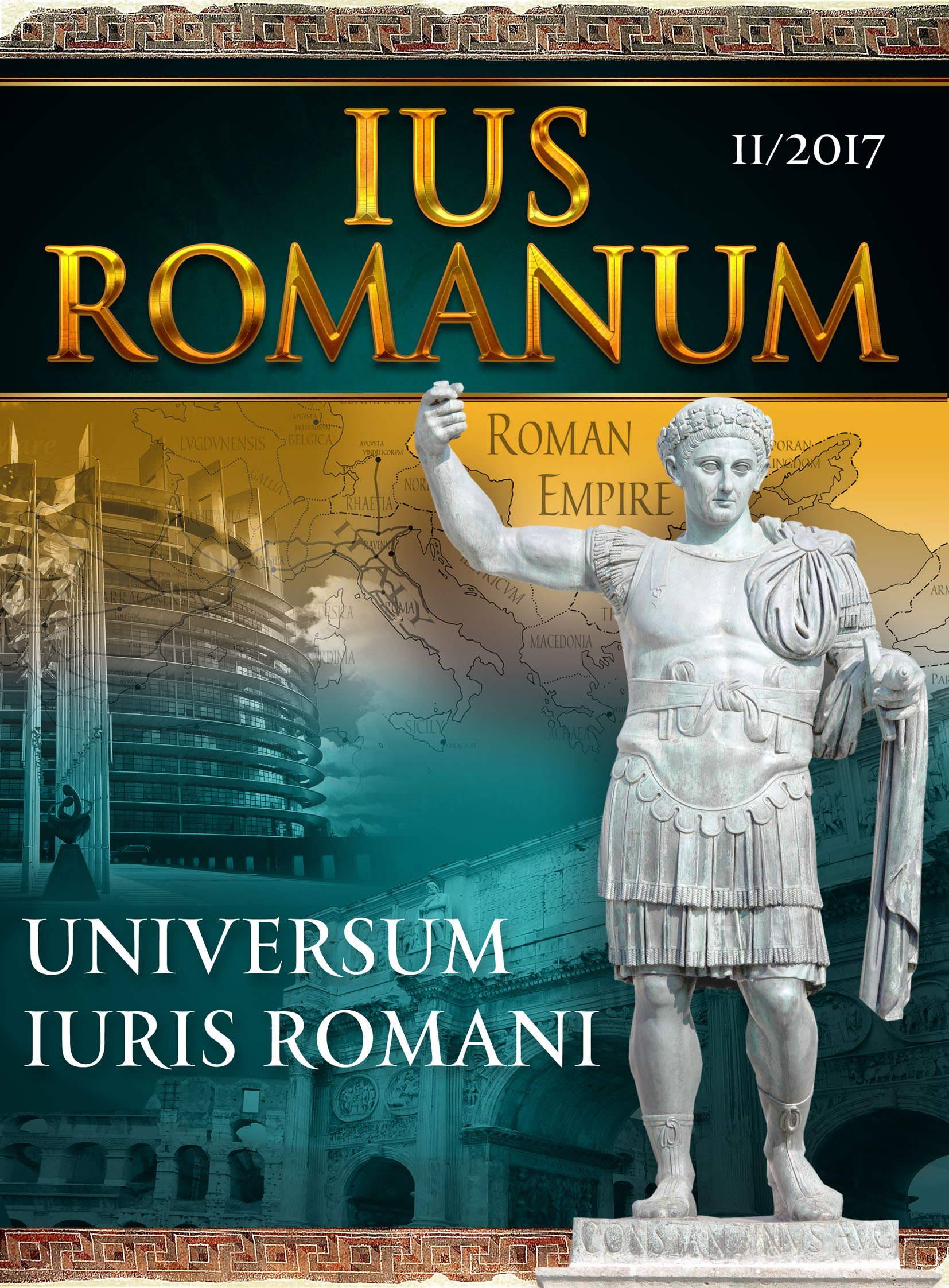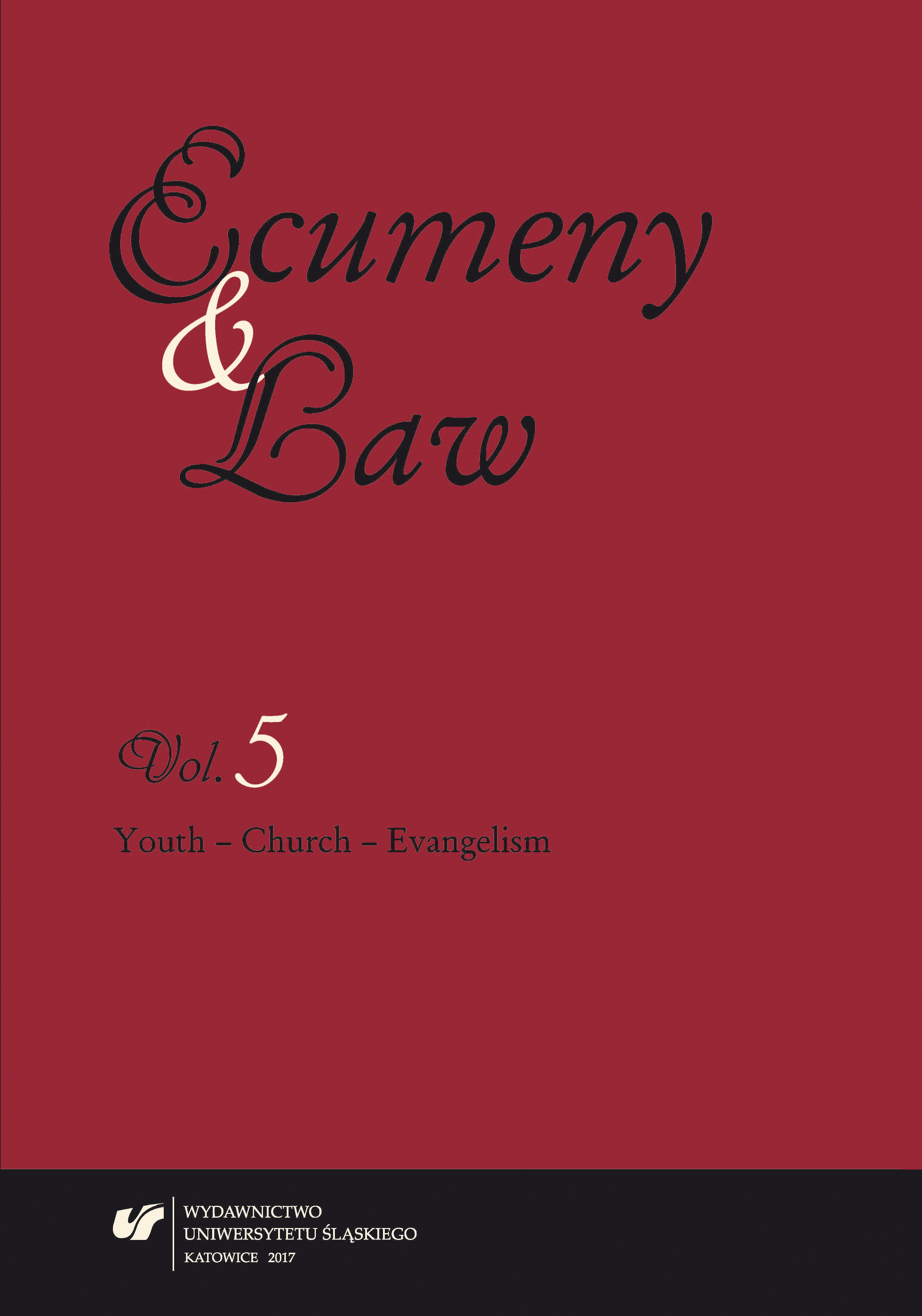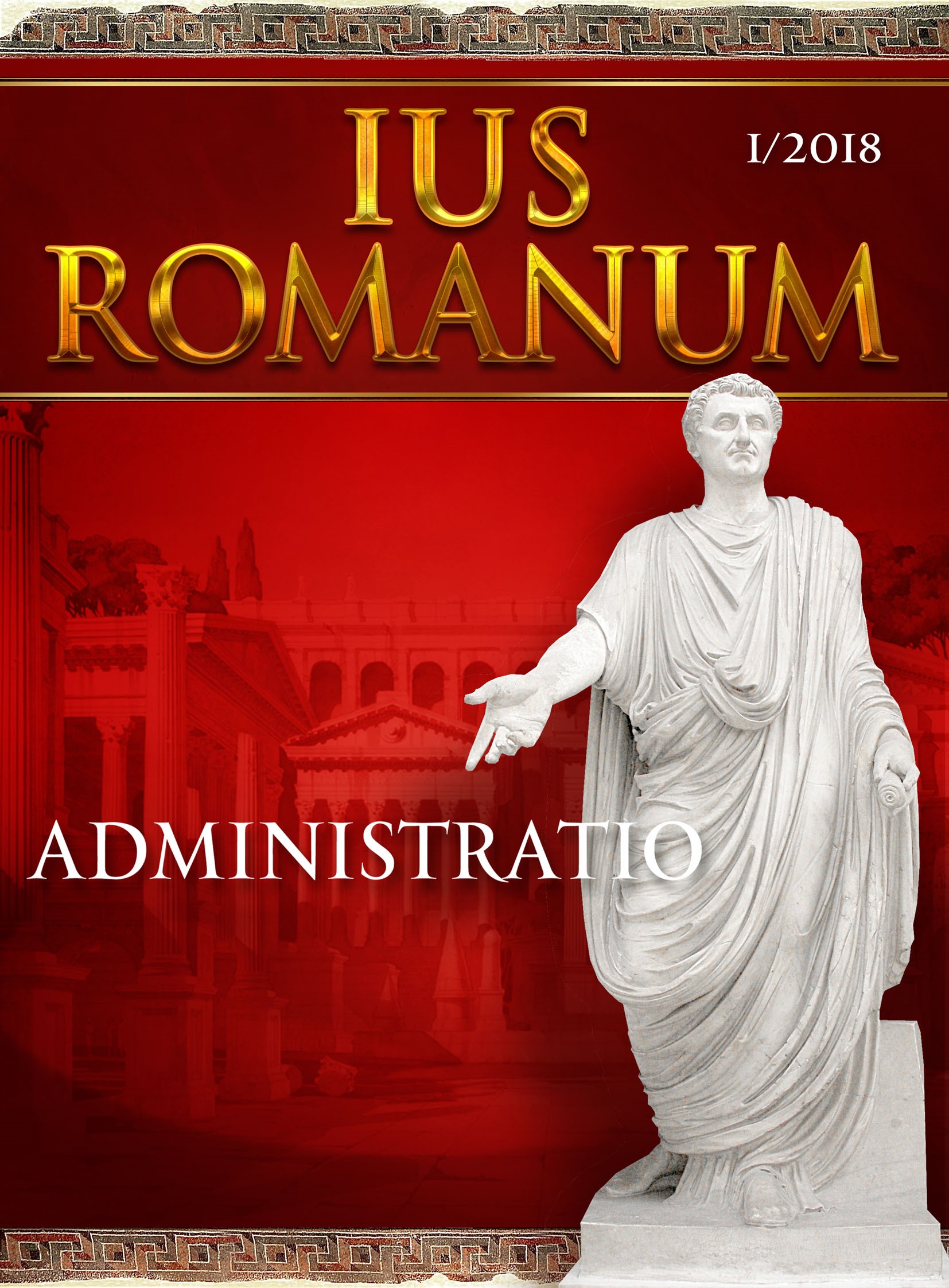Author(s): Leonid Kofanov / Language(s): Bulgarian
Issue: 1/2016
The famous expert on Roman law, prof. C. Cascione, denying the international character of ius gentium and its influence on the formation of the Roman concept of consensual contracts, deals with some peculiarities of ius gentium as an inexplicable enigma. However, the sources point to the existence of the international ius gentium and, in particular, of a maritime commercial law of Rhodes, highly developed not only in the Middle Ages, but also as early as the Hellenistic period (III-I century BC). This Rodiese law exercised a significant influence on the development of Roman contract law, and in particular, of consensual contracts. This fact is also confirmed by the history of a close alliance and commercial partnership between Rome and Rhodes in the period indicated, starting from the union between Rome and Naples (which was a colony of Rhodes), but also from the activity of Appio Claudio Cieco to the end of the 4th century B.C. and from their alliance in the wars against Carthage and the Leninist monarchs. The author observes that initially (late IV - III century BC) Pythagoreanism, widespread in the south of Italy and perhaps also in Rhodes, played a particular role in the formation of customs and ethics of international trade by sea. The author examines the influence of Pythagoreanism and commercial law of Rhodes on Roman politicians and jurists between the end of the third and the first half of the 2nd century BC. In particular, he dwells on Cato Senior, who in his youth was Pythagorean, and then became a friend and patron of the people of Rhodes in order to build the Roman basilica (stoa). In the article attention is also given to the international recognition attributed to the leadership of Rhodes in world trade during the third and second centuries BC. A particular role in the formation of three generations of Roman jurists during the II and I century BC is recognized by the author the philosopher, leader of the Stoa media, Panezio and his disciples, Ecatone andPosidonius. Finally, we examine the activity of the Roman dictator Silla, who granted the people of Rhodes the right to collect commercial taxes in all the ports of the islands of the eastern Mediterranean. And also that of the emperors Octavian and Antoninus Pius who recognized the pre-eminence of the laws of Rhodes in the sea. In particular, the author reviews the concept of the Pythagoreans and the philosophers of Rhodes (Stoa media) of the so-called sumpatheia, a Greek synonym for the Latin legal term consensus. From the treatise of Cicero "De officiis", the author draws the arguments that seem to justify the hypothesis, that the rodiese doctrine of sumpatheia and honesty in commerce, became the basis of the famous Roman principle of good faith and a catalyst for the development of the concept of consensual contracts in the Roman jurisprudence during the II and I BC centuries. The author points out how the experience of friendship between the Roman philosophers and jurists could have been decisive for the development of the discipline of the contract of consensual sale and consensus (or sumpatheia) itself and underlines how this reconstruction data has great cultural value for modern European and even Russian business.
More...
